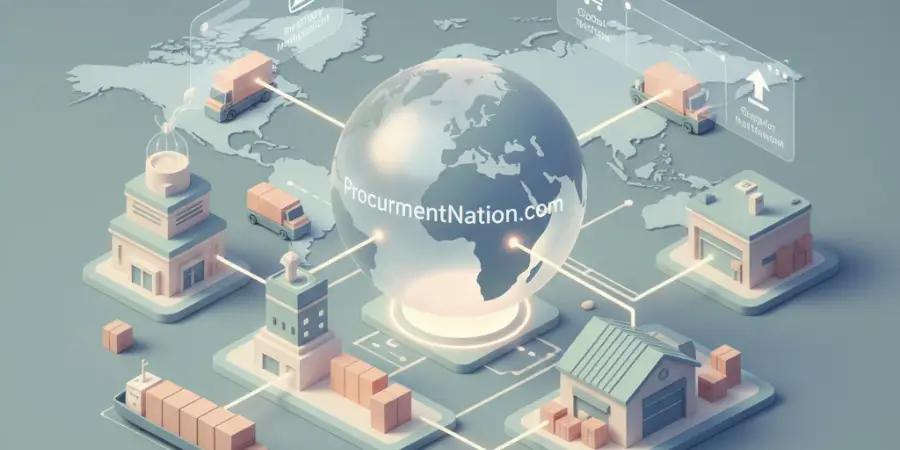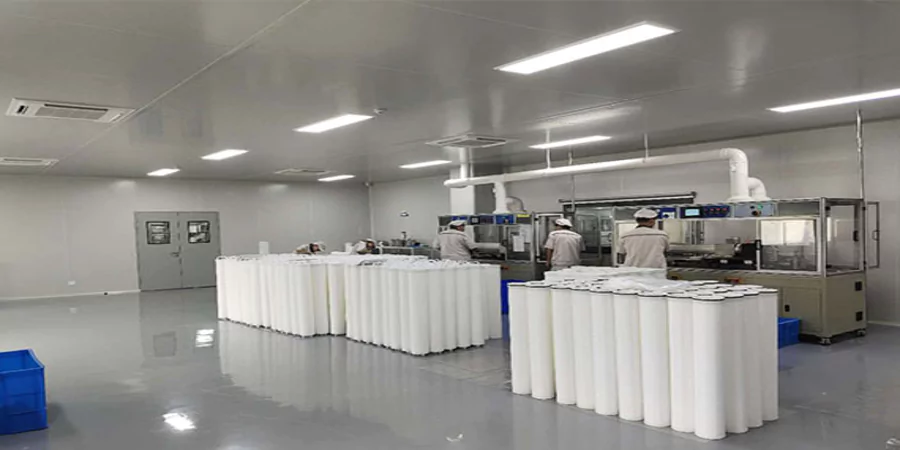Staying competitive in the diesel service industry partially depends on workforce development.
Training, recruitment, and career growth strategies ensure employees stay skilled and motivated to meet evolving industry demands effectively.
Building an Effective Recruitment Strategy for New Talent
Recruitment underpins sustained competitiveness in the diesel service industry. As vehicles grow more complex, companies must secure a pipeline of skilled professionals to keep pace with technological advancements and customer expectations.
Without deliberate strategies to attract capable individuals, businesses risk falling behind in efficiency and service quality.
Effective recruitment ensures fresh talent brings new energy into teams, driving innovation alongside productivity.
A company’s ability to consistently deliver exceptional service depends on having well-prepared employees who are ready to adapt.
Consider these impactful steps:
- Collaborate with automotive colleges or universities offering specialized diesel programs.
- Develop recruitment campaigns that frame diesel service as a high-demand, rewarding career choice.
- Emphasize mentorship opportunities and technical skill development during interviews.
Strong recruiting doesn’t just fill roles—it strengthens a company’s position in an increasingly competitive landscape by prioritizing workforce excellence over time.
Developing Tailored Upskilling Programs for Technicians
In-house upskilling programs play a vital role in sustaining competitiveness within the diesel service industry.
As vehicle systems evolve, technicians need continual learning opportunities to stay adept at handling new tools, diagnostics, and technologies.
By investing in tailored training initiatives, companies ensure their workforce remains capable of delivering exceptional service quality.
Upskilling also increases efficiency by equipping employees with advanced troubleshooting techniques and technical precision. This reduces downtime on repairs while fostering employee confidence and retention—a win-win for both productivity and morale.
Here are practical ways to implement effective in-house training:
- Conduct regular workshops focused on emerging repair technologies or updated protocols.
- Pair experienced technicians with newer staff through structured mentorship programs.
- Offer access to certifications or credentials directly tied to diesel-specific skills.
These efforts position your company as an industry leader while cultivating expertise from within your team.
Collaborating with Education Establishments to Create Training Pathways
Building strong relationships with educational establishments, such as colleges and universities, is essential for fostering a steady pipeline of skilled technicians.
These collaborations ensure that future graduates enter the workforce equipped with practical knowledge and experience tailored to industry demands.
Partnerships can also align academic curriculums more closely with real-world requirements.
When companies engage directly, they help shape programs focused on the specific skills necessary for diesel service careers. This results in employees who are better prepared to hit the ground running.
For example:
- Offer job-shadowing opportunities or internships tied to educational coursework.
- Partner with diesel mechanic schools by providing input into hands-on training modules.
- Host on-campus workshops or seminars highlighting your company’s expertise.
These efforts create a mutually beneficial relationship where education aligns seamlessly with business needs—strengthening both student success and your competitive edge!
Offering Clear Career Progression to Retain Top Employees
Retention is just as crucial as recruitment when it comes to sustaining competitiveness in the diesel service industry.
Skilled employees stay with companies that provide them with clear, attainable career paths and opportunities for growth.
Without this focus, businesses risk losing their top talent to competitors offering more attractive prospects.
By mapping out progression plans tied directly to performance or certifications, you foster loyalty while boosting overall workforce motivation.
When employees see a future within your company, they’re more likely to invest themselves fully in its success.
Here’s how you can implement effective career progression strategies:
- Establish role hierarchies with defined milestones.
- Provide structured training programs designed for leadership roles or advanced technical skills.
- Recognize achievements through promotions, bonuses, or public acknowledgment of expertise.
Supporting professional growth creates a workplace where both employees and business thrive together.
















